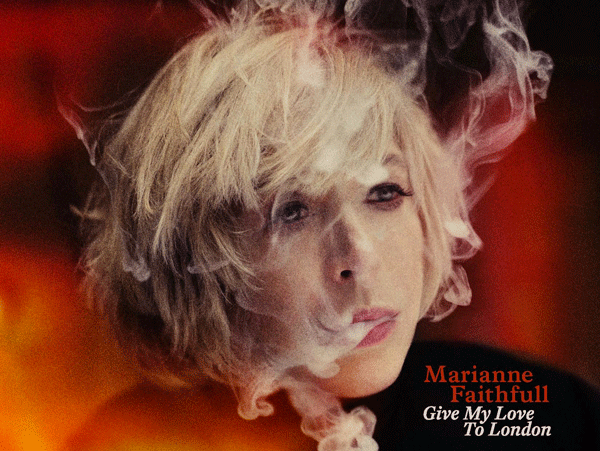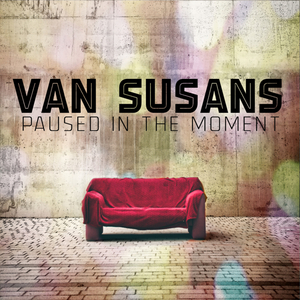Album Flashback #14 // Björk – Médulla
Experimentation is an
essential part of any Björk album. Thus it is that 2004’s Médulla is almost
entirely made of the human voice. That is to say, not just those unmistakable vocals
of the Icelandic singer herself. Médulla uses the voice as an instrument in
itself.
Each of the fourteen
tracks is a unique, and at the time, her most ambitious album yet in terms of
concept and execution. There are some basic elements of electronic programming
to be found but the rest is pure vocal sound. When it first is listened to
there are few of the dance orientated hooks that her earlier work contained –
but that does not mean this is any less of an album.
Little of Médulla is
instant and almost a decade later that remains true. But it is a timeless, earthy
record that has aged very well. The casual listener will not be recommended this
particular album as a starting point but arguably this is the record that
encapsulated perfectly all that makes Björk a valid cultural icon.
Médulla is imbued with a
sense of beauty that is deeply affecting. Vocal music is the oldest form in the
world – and yet we hear it so rarely. It is considered by many a preserve of
the church or religion. But is it really? It’s hard to pinpoint an album from
an artist with a global standing that has attempted the same thing as Médulla
does. And with a deeply political content it throws social commentary, music
pre-history and free thinking experimentation into one potent mix.
From the opening ghostly
voices of Pleasure is All Mine to the raw Where is the Line this is a compelling
but initially dissonant record. When this writer first listened to the album at
the time of release it seemed like something very strange indeed. Perhaps many
felt the same – it’s rarely mentioned as a highlight of her back catalogue. But
like the genius hiding behind invention Médulla deserves much more than one
listen.
The Icelandic Choir
features, to great and haunting effect, on most of the tracks. Most
impressively on Desired Constellation alongside some music box like synth
programming. This kind of music demands silence in the vicinity, a
concentration of the mind that most radio bound songs rarely deserve or ever
get. Mouths Cradle is another highlight, its twinkling programming and vocal
composition something you can’t fail to appreciate. There are moments where the
mix seems almost too perfect – but perfect it is. Its chorus is simply a moment
of sheer musical joy.
Another moment of superbly
creepy weirdness is Submarine. Featuring Robert Wyatt, there is truly a sense
of being underwater, submerged in a sea of natural timbre and verbosity. See
also the Tagaq co-written Who is It (Carry My Joy On The Left, Carry My Pain On
The Right) for another strong statement of intent on an already very physical
album.
But what makes Médulla
great? Björk has never released a truly bad record so quality is not the only
thing that makes this an essential listen. Simply, perhaps it is is one of her
most instant albums. Previous release Vespertine was a delicate, shadowy listen
– beautiful but needing of attention to make it truly understood. Médulla on
the other hand has a beauty that is truly vocal.
The human voice is our only
natural element for communication. Written words can be forgotten, languages
can be misunderstood but sound and voice can convey much more.
By putting together a set
of challenging but ultimately rewarding songs Björk set the bar for
experimentation in her own work at the time and continues to do so with every
release. Médulla is truly an album that befits it’s raw and very human qualities.
Words by C. Agent.




